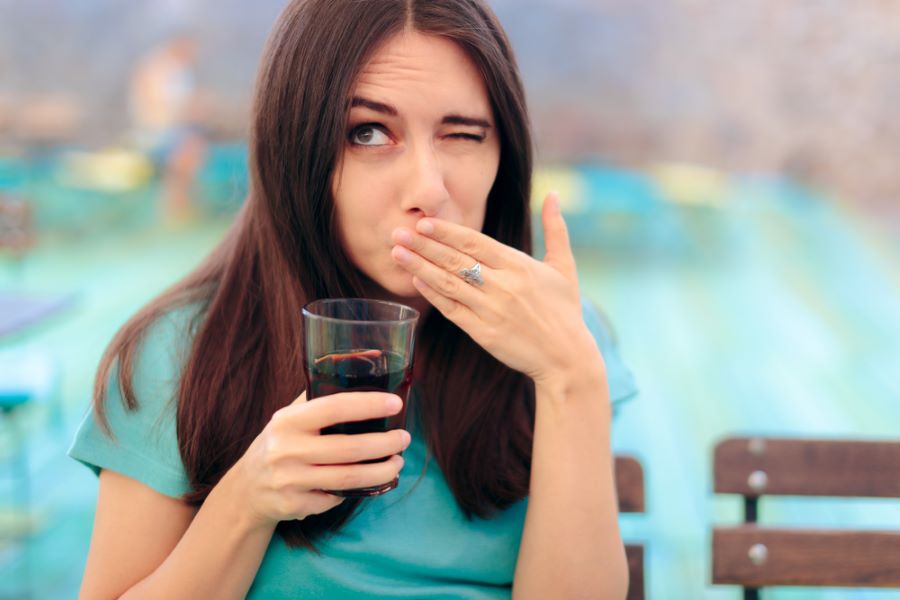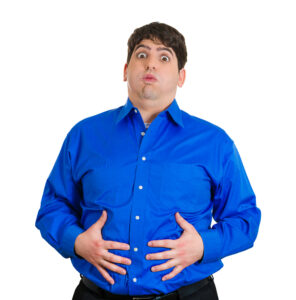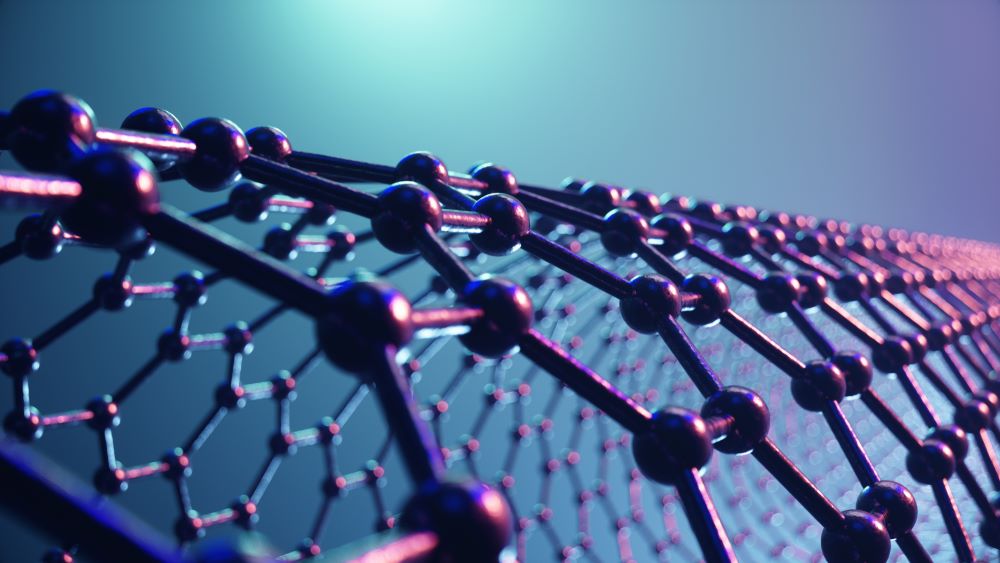A burp can be loud or quiet, socially acceptable or gross. But how does it happen?
Have you ever noticed that we burp more while drinking carbonated drinks?
Burping is one of the ways our body gets rid of the gas. The medical term for burping is eructation. Gas moves from the stomach up the esophagus and out the mouth, causing eructation.
For regular healthy people, burping is a way to release the extra gas in our stomachs. As a natural part of eating, we tend to swallow small amounts of air, including nitrogen and oxygen, along with our food. This air normally doesn’t go down to our stomach, so it builds into a small bubble in our esophagus. The gas trapped here increases as we eat fast because we breathe while shovelling in that delicious food. When we have too much gas in our stomach, our body forces it out through a burp. Chewing gum can have a similar effect, too.
Today, most people, from kids to older people, are fond of carbonated drinks. The fizz on our tongues, the distinct stinging and intense sensation and the bubbles can make our drinks more fun. However, carbonation also gets a bad rep because we must saturate our super cold liquid with carbon dioxide under high pressure to make a fizzy drink. Its bubbles comprise very small amounts of carbon dioxide infused into the water during manufacturing.
As we drink, carbon dioxide builds up in our stomachs. More carbon dioxide bubbles enter our digestive system as we drink more carbonated drinks. When enough of this gas accumulates, our body must expel it. Drinking soda quickly may increase the air we breathe while swallowing.
When we eat or drink too quickly, we allow pockets of surrounding air to be swallowed along with our food or beverage. Swallowing a sufficiently large air bubble with our carbonated drinks can cause esophagal discomfort. The swallowed air causes the pressure we feel in our chest or abdomen. Using a straw to drink these carbonated drinks may increase the size and number of air bubbles we swallow, resulting in more gas expulsion afterwards.
Do carbonated drinks only cause gas? Not. Excessive eating or drinking can also cause gas. When the stomach is full or overfilled, it expels gas to make room. If we drink a lot of carbonated drinks, we’ll build up a lot of carbon dioxide. Long and intense periods of gas occur as our stomach processes the liquids within. Mild to severe intestinal discomfort and flatulence may result in addition to burping.
Burping is not a disease or a serious problem, but excessive burping could be a symptom of a few other conditions, such as acid reflux and Heliobacter pylori. However, it could be minimised by avoiding carbonated drinks, food or other factors such as chewing gum, eating hard candy and smoking, which cause us to swallow air more frequently. Being more mindful could help in minimising the burp. For instance, eat and drink slowly to swallow less air. Eating on the run increases the air we swallow; thus, eating should be more relaxed. Practice a short walk after eating and check your dentures frequently, as poorly fitting dentures can cause us to swallow excess air.







